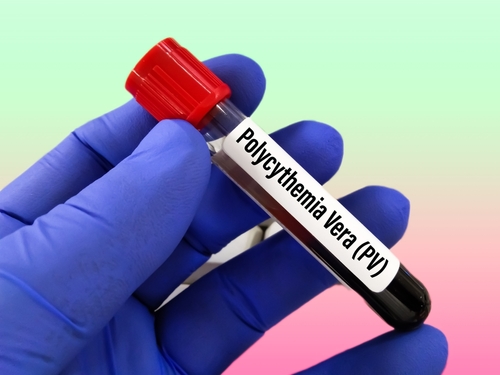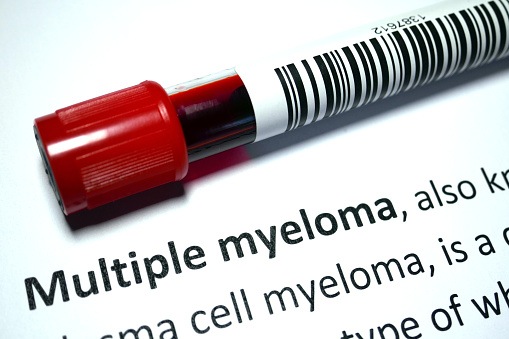
Among patients with newly-diagnosed multiple myeloma (MM), primary treatment with VRd was associated with lower rates of venous thromboembolism (VTE) events including deep vein thrombosis and pulmonary embolism when compared with carfilzomib, lenalidomide, and dexamethasone (KRd), according to a meta-analysis in the American Journal of Hematology.
The authors, led by Bruno Costa, MD, of the Icahn School of Medicine at Mount Sinai in New York, noted that the incidence of arterial thromboembolism (ATE) events including myocardial infarction and ischemic stroke was minimal.
The systematic review ultimately enrolled one randomized controlled trial and five retrospective cohort studies. The researchers evaluated VTE events in 1,380 patients on VRd and 924 on KRd and ATE events in 1,316 patients on VRd and 863 on KRd.
The rate of VTE events was 6.16% in the VRd group compared with 8.87% in the KRd group (odds ratio [OR], 0.53; 95% CI, 0.32-0.88; P=.01). Comparatively, the rates of ATE events were 0.91% and 1.16% with VRd and KRd, respectively (OR, 1.01; 95% CI, 0.24-4.20; P=.99).
Given potential biases of their analysis due to retrospective data, heterogeneous population characteristics, and lack of patient-level data including risk stratification and use of thromboprophylaxis, Dr. Costa and colleagues noted that “additional research is warranted to further validate” the findings and to “refine strategies for thrombosis prevention in MM.”
Reference
Costa BA, Costa TA, Saravia SD, et al. Thromboembolic risk of carfilzomib or bortezomib in combination with lenalidomide and dexamethasone for newly diagnosed multiple myeloma: a comparative systematic review and meta-analysis. Am J Hematol. 2024. doi:10.1002/ajh.27288







 © 2025 Mashup Media, LLC, a Formedics Property. All Rights Reserved.
© 2025 Mashup Media, LLC, a Formedics Property. All Rights Reserved.